Folk Songs of Goa: Mando-Dulpods & Deknnis
Synopsis
Konkani Song, of which Goan Song is the preeminent brancah, is a treasury of the traditional music of the Indian subcontinent. It has at least 35 types monophonic and harmonic, the former prevalent before the Portuguese brought Western music into India, and the latter, consequent to the Western impact. It was in Goa that Indian musicians first began to compose in Western musical forms, incorporating into them motifs and nuances of their own immemorial tradition. Among these 35 types four were created to accompany social dancing; the Mando, the Mandodulpod, the Dulpod, and the Deknni. The Mando, the finest creation of Goan Song, is a slow verse-and-refrain composition, in six-four time, dealing with love, tragedy and contemporary events, both social and political. Aryan Books International has published two volumes on the Mando, entitled, Song of Goa, Vol. 1: Mandos of Yearning (2000); and Vol. 2: Mandos of Union and lamentation (2003). While the Mando is an art song, the remaining three types represent Goan folk song. The Mando-dulped is a slower variety of the Dulpod (or a quicker sort of Mando), also in six-four time, facilitating the transition from the slow rhythm of the Mando to the quicker one of the Dulpod. The Dulpod itself, in six-eight time, is typically descriptive of everyday life in traditional Goa, Particularly that of the Christians. The Deknni (“song of the Deccan�) is a song imitating Hindu music in the musical idiom current among the Christians, in two-four or six-eight time, descriptive mostly of Hindu life, with special attention given to the temple dancers. The present volume contains examples of the Mando-dulpod and the Deknni. Hopefully a future volume will be devoted to the Dulpod.
Read more
13.50
12.15
$
15.00 $
Free delivery Wolrdwidе in 10-18 days
Ships in 1-2 days from New Delhi
Membership for 1 Year $35.00
Get it now and save 10%
Get it now and save 10%
BECOME A MEMBER
Books by the same authors

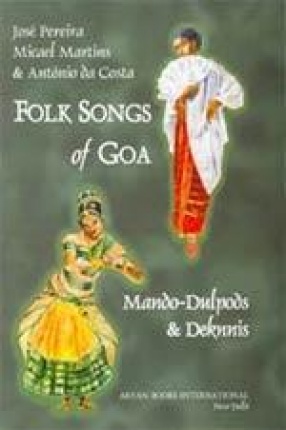
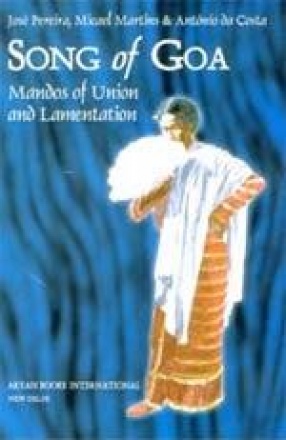
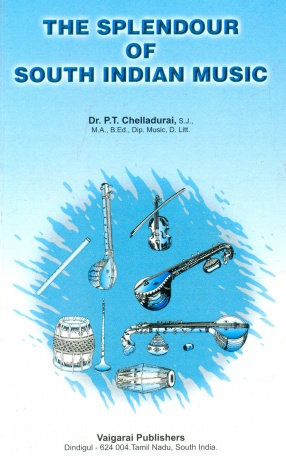
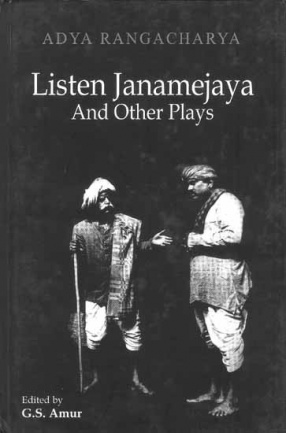
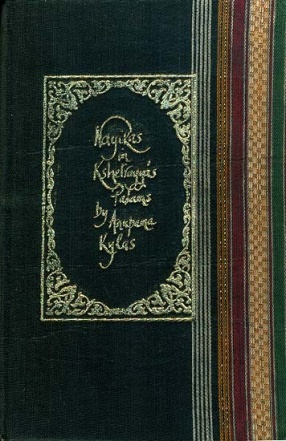
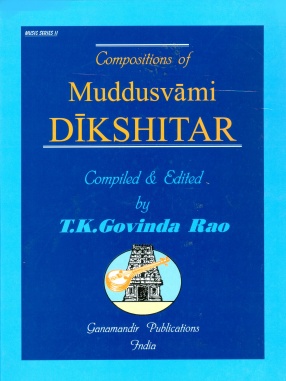

Bibliographic information
Micael Martins
Antonio Da Costa